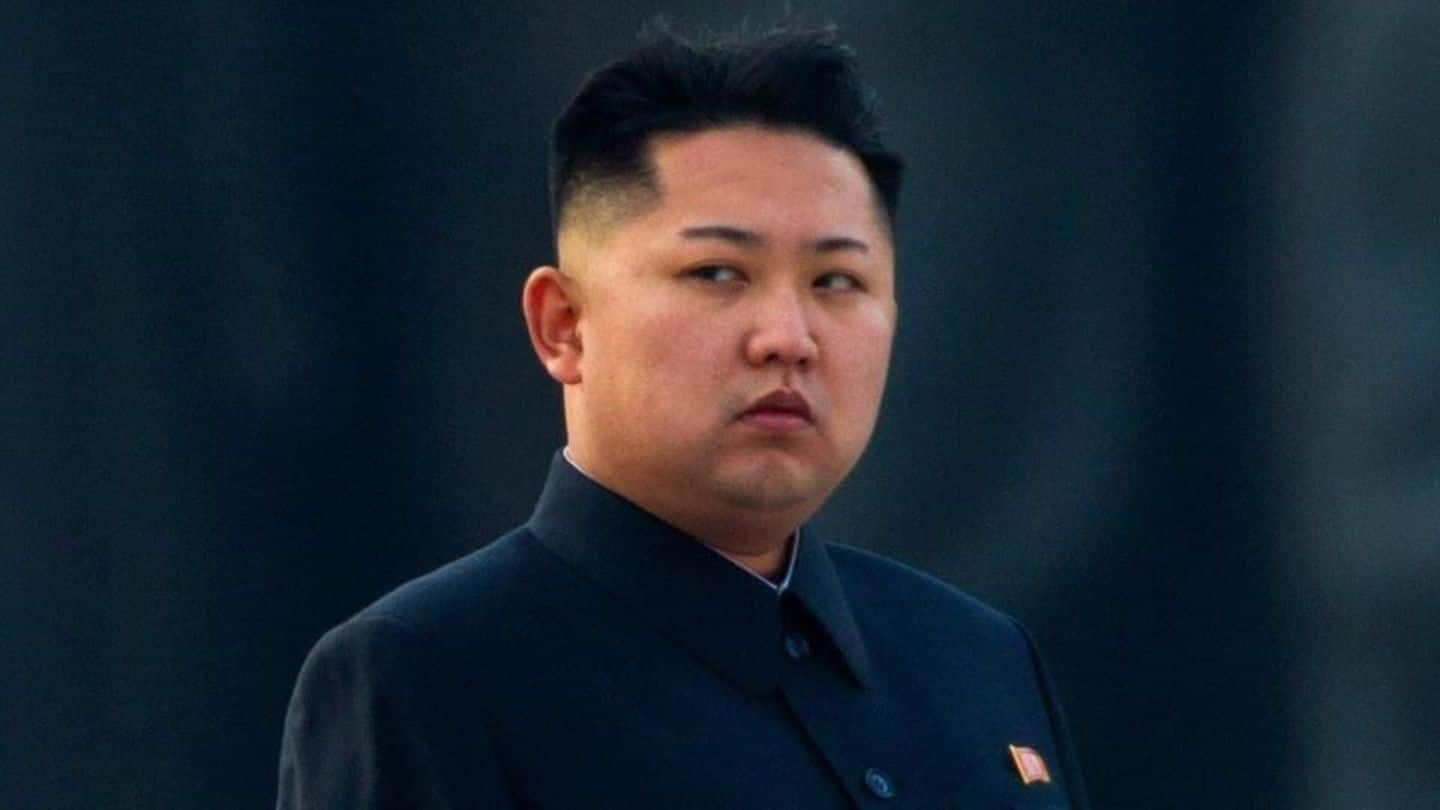
North Korea sanctions: US proposes Kim Jong-un asset freeze
What's the story
It seems the US was serious when it vowed to impose "the strongest possible sanctions" against North Korea at the UN. Responding to Pyongyang's recent H-bomb test, an American draft resolution has proposed stringent measures, including an oil embargo and an asset freeze on North Korean leader Kim Jong-un. However, sanctions against Pyongyang have been ineffective in the past. Let's know more.
Haley's statement
Nikki Haley at UN: Kim Jong-un is "begging for war"
Speaking to the UN Security Council, Haley argued that a diplomatic resolution to the North Korea crisis wouldn't be possible without "the strongest possible measures." "War is never something the US wants. We don't want it now but our patience is not unlimited," she added. Haley noted that countries doing business with North Korea will be viewed as those aiding its "dangerous nuclear ambitions."
Information
New round of sanctions: What do they entail?
The fresh sanctions involve a ban on textile imports from North Korea and seek to stop the supply of certain oil products. It may further ban the recruitment of North Korean workers in other countries. The idea is to plug Pyongyang's remaining sources of income.
Sanctions
Sanctions against North Korea: Tried, tested and failed
North Korea's nuclear program has invited numerous economic and trade sanctions since 2006. These are intended towards crippling its economy, thereby discouraging it from pursuing its nuclear ambitions. In February 2017, China banned coal imports from North Korea, thereby blocking a major source of its income. UN sanctions imposed in August 2017 sought to limit foreign investment and ban exports from Pyongyang.
Quote
Putin says sanctions are ineffective against North Korea
Referring to the ineffectiveness of sanctions in handling the North Korea crisis, Russian President Vladimir Putin said, "It is not worth giving into emotions and driving North Korea into a corner."
Conclusion
What next?
The US is planning a UN Security Council vote on the resolution by September 11. There is currently no indication on whether Russia and China, veto-wielding members who supply oil to Pyongyang, will back the resolution. Even after crippling sanctions, North Korea is unlikely to back down. In this case, the US is likely to look at direct negotiations or a highly-dreaded military response.